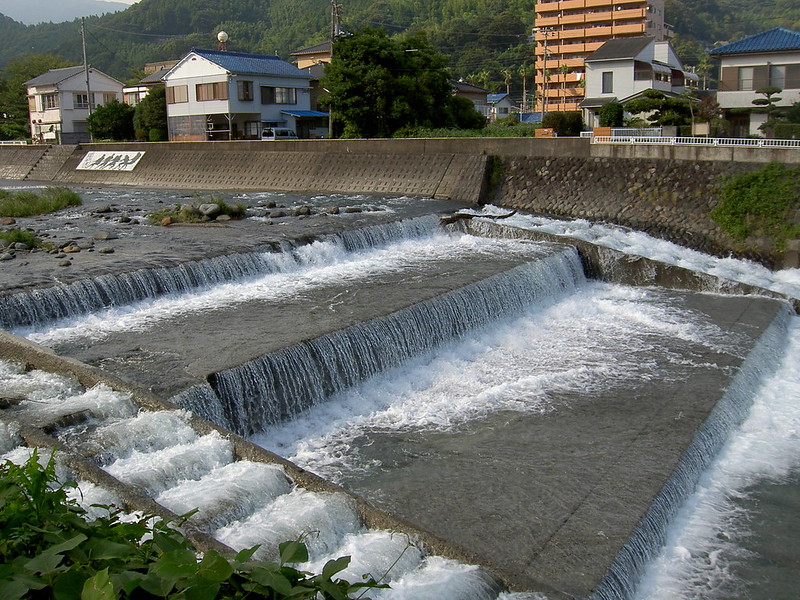Once Japan’s power market fully opened up in 2016, private companies and investors were not the only ones to rush in. A growing trend has emerged of municipalities setting up their own, local electricity retail firms to supply power to government buildings, and in some cases, the broader community.
This trend has accelerated in the past two years, and there were 40 municipally-owned power retailers at the end of FY2020. By May 2021, that number was 75, and it might exceed 100 if all the municipalities that answered a 2018 survey from Hitotsubashi University and Asahi Shimbun follow through.
In theory, this gives local governments greater control of their electricity supply and helps to promote further decarbonization. Japan’s central government has strongly supported this trend, with METI, MoE and the Ministry of Agriculture, Forestry and Fisheries (MAFF) among the cheerleaders.
The results so far, however, raise questions. Lacking size and the necessary talent to operate such businesses, some of the municipally-owned power companies have run into trouble.
The goal
For municipalities, these ventures have multiple purposes. The first is to help in decarbonization. Encouraged by METI, the municipalities want to promote the local consumption of power generated at local plants. This is intended to … .

